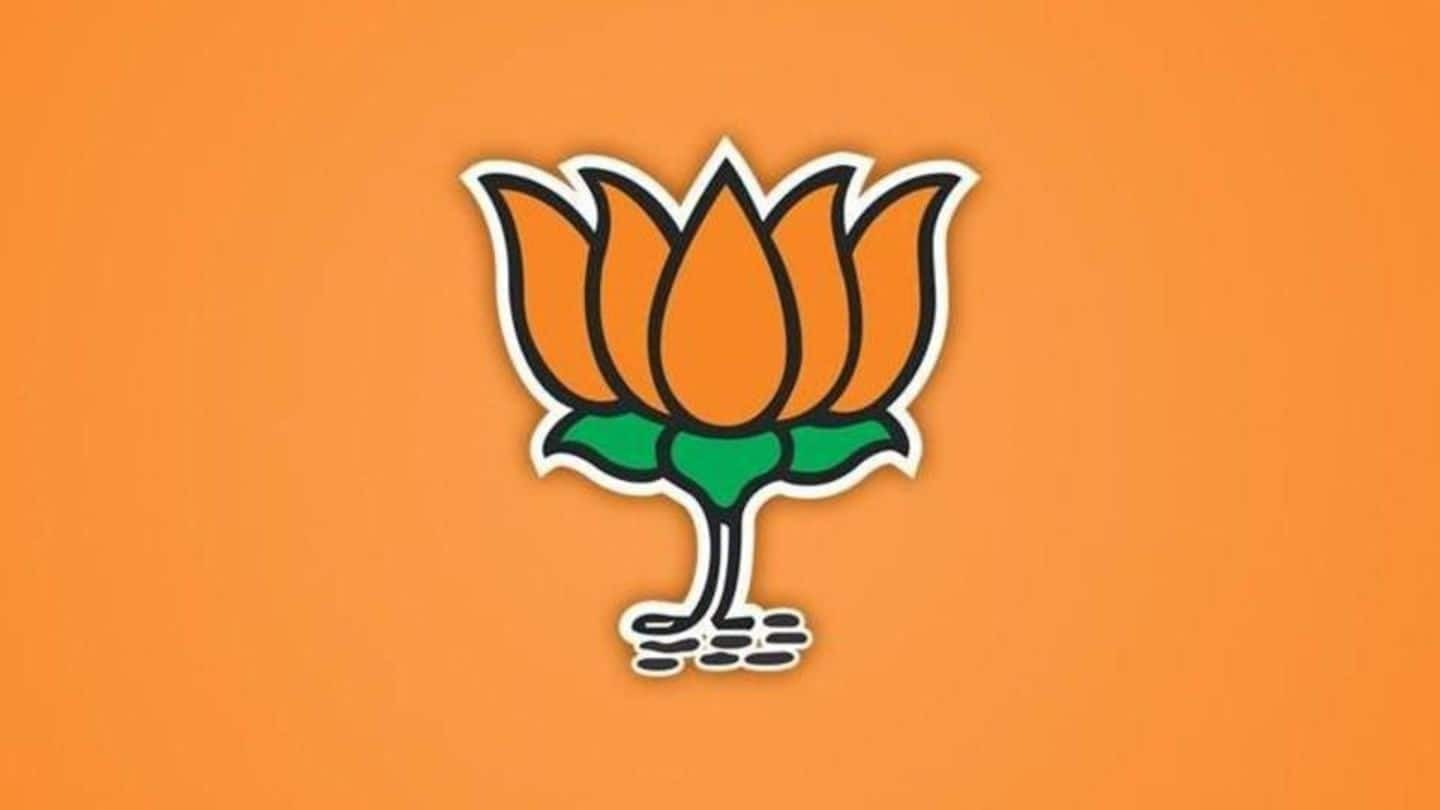
Criminals entering politics: Has it become normal?
What's the story
As per the report from the Association of Democratic Reforms, 51 MPs and MLAs have been accused of crimes against women, which include alleged rape and abduction. A 2014 report by them revealed that 9 MPs have allegedly been accused of murder and 17 of attempt to murder. How do these criminals win elections, does the country not take their crimes seriously? Read on to know more.
The Beginning
Nexus between criminals and politicians
Historian Srinath Raghavan has indicated that muscle-power of goons was used by the Congress party to win elections in the first two decades after independence. In the 1980s, proliferation of parties and Congress's one-party rule fading led to increased competition. The uncertainty about whether the politician who provided them patronage would remain in power made alleged criminals contest elections and claim power for themselves.
Progression
Increase in thugs running for public office
Members with alleged criminal charges have increased in Parliament; from 158 MPs in 2009 LS, the number has increased to 186 in 2014 LS. Political scientist Milan Vaishnav suggests that candidates with criminal records did better in polls. After studying data from past three elections, he concluded that candidate with a criminal record has 18% chance of winning compared to clean candidates (6% chance).
Reasons
Why do such criminals get party tickets and win elections?
Money and muscle power are reasons the political parties enlist alleged criminals. Elections require funding. Criminals have resources/methods of obtaining resources through extortions, kidnappings etc. Criminals sometimes become "Robin Hoods" for people. For instance, in BSP's Mukhtar Ansari case, despite having alleged criminal charges, he still enjoys support in Ghazipur as his influence ensures electricity in textile mills and others have to tolerate power failures.
Pan-party phenomenon
Such alleged criminals are present across party lines
Even political parties give individuals, accused of serious crimes, tickets to fight elections. While parties point fingers at each other, no constructive steps are taken to stop this practice of fielding alleged criminals. So, instead of taking steps against its 63 elected MPs with alleged criminal charges, BJP was pulling up SP for fielding an alleged gang-rape accused in UP Assembly polls.
Possible steps
Are there any ways to stop this menace?
This criminal turned politician nexus will continue unless a transparent election funding mechanism is created. Improving governance at the local level by providing security, speedy justice, and public services could stop alleged criminals from filling the vacuum that is created by not providing these services. Ensuring that speedy trials are undertaken for public servants accused of serious crimes would send the right message.